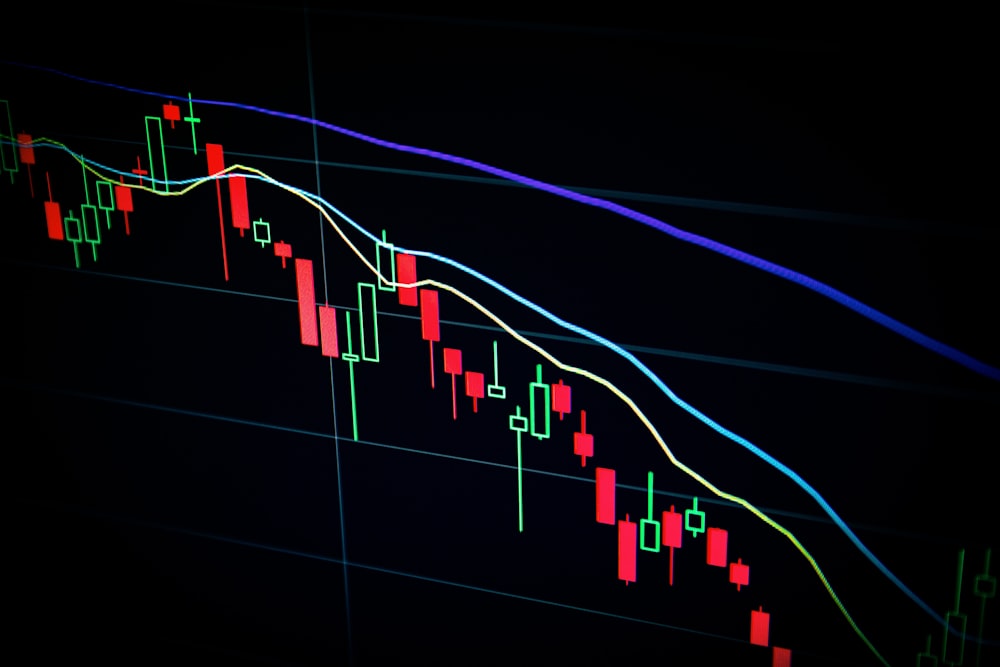📚 Table of Contents
- ✅ Introduction: Index Funds vs. ETFs in 2026
- ✅ Understanding the Basics: Index Funds and ETFs
- ✅ Performance Comparison: Top 5 Index Funds vs. ETFs in 2026
- ✅ Cost Analysis: Fees and Expenses
- ✅ Liquidity and Flexibility: Which One Wins?
- ✅ Tax Efficiency: A Critical Factor
- ✅ Investor Preferences: Who Should Choose What?
- ✅ Conclusion
Introduction: Index Funds vs. ETFs in 2026
As we look ahead to 2026, investors are increasingly weighing the pros and cons of index funds versus exchange-traded funds (ETFs). Both offer diversified exposure to the market, but which one is the better choice for your portfolio? With evolving market conditions, technological advancements, and shifting investor preferences, the debate between index funds and ETFs has never been more relevant. This article dives deep into the top five index funds and ETFs, comparing their performance, costs, liquidity, tax efficiency, and suitability for different types of investors.
Understanding the Basics: Index Funds and ETFs
Before diving into comparisons, it’s essential to understand what index funds and ETFs are. An index fund is a type of mutual fund designed to replicate the performance of a specific market index, such as the S&P 500. These funds are passively managed, meaning they aim to match the index’s returns rather than outperform it. Investors buy and sell shares directly through the fund company at the end of the trading day at the net asset value (NAV).
On the other hand, an ETF (exchange-traded fund) also tracks an index but trades like a stock on an exchange throughout the trading day. This means prices fluctuate in real-time, and investors can place limit orders, short sell, or use margin. ETFs are known for their liquidity and lower expense ratios compared to traditional mutual funds.
While both vehicles offer diversification and low-cost investing, their structural differences can significantly impact returns, tax efficiency, and accessibility. Let’s explore how these differences play out in 2026.
Performance Comparison: Top 5 Index Funds vs. ETFs in 2026
Performance is a critical factor when choosing between index funds and ETFs. Below, we analyze the top five funds in each category based on historical data and projected trends for 2026.
Top 5 Index Funds in 2026
- Vanguard 500 Index Fund (VFIAX) – A staple for S&P 500 exposure with a low expense ratio of 0.04%.
- Fidelity ZERO Large Cap Index Fund (FNILX) – Zero expense ratio makes it attractive for cost-conscious investors.
- Schwab S&P 500 Index Fund (SWPPX) – Another low-cost option with a 0.02% expense ratio.
- iShares Core S&P Total U.S. Stock Market ETF (ITOT) – Broad market exposure with high liquidity.
- SPDR Portfolio S&P 500 ETF (SPLG) – A low-cost alternative to SPY with similar performance.
Top 5 ETFs in 2026
- SPDR S&P 500 ETF Trust (SPY) – The most liquid ETF tracking the S&P 500.
- Invesco QQQ Trust (QQQ) – Focuses on Nasdaq-100, ideal for tech-heavy portfolios.
- Vanguard Total Stock Market ETF (VTI) – Offers exposure to the entire U.S. equity market.
- iShares Core MSCI EAFE ETF (IEFA) – Provides international diversification.
- Vanguard Real Estate ETF (VNQ) – Targets the real estate sector with high dividend yields.
While both index funds and ETFs deliver strong returns, ETFs often edge out index funds in terms of intraday trading flexibility and tax efficiency. However, index funds may be preferable for long-term, buy-and-hold investors due to their simplicity.
Cost Analysis: Fees and Expenses
Costs can erode returns over time, making expense ratios a crucial consideration. Here’s how index funds and ETFs stack up in 2026:
- Index Funds: Typically have slightly higher expense ratios than ETFs, though many, like Fidelity’s FNILX, now offer zero fees. Vanguard’s VFIAX charges just 0.04%, while Schwab’s SWPPX is even lower at 0.02%.
- ETFs: Generally have lower expense ratios due to their passive structure. For example, VTI charges 0.03%, and SPY costs 0.0945%. However, some niche ETFs (e.g., thematic or leveraged funds) may have higher fees.
Additionally, ETFs may incur brokerage commissions, though many platforms now offer commission-free trading. Index funds, meanwhile, may have minimum investment requirements (e.g., VFIAX requires $3,000).
Liquidity and Flexibility: Which One Wins?
ETFs shine in liquidity and flexibility. Since they trade like stocks, investors can buy or sell shares anytime during market hours, set limit orders, or even short sell. This makes ETFs ideal for active traders and those who need quick access to their funds.
Index funds, however, are priced once per day after market close. This structure benefits long-term investors who prefer a “set it and forget it” approach. There’s no need to monitor intraday price movements, making index funds less stressful for passive investors.
Tax Efficiency: A Critical Factor
ETFs are generally more tax-efficient than index funds due to their unique creation/redemption process, which minimizes capital gains distributions. For example, an ETF like VTI rarely distributes capital gains, whereas an index fund like VFIAX might, especially in volatile markets.
This tax advantage makes ETFs particularly appealing for taxable accounts. However, in tax-advantaged accounts (e.g., IRAs or 401(k)s), the difference is negligible.
Investor Preferences: Who Should Choose What?
The choice between index funds and ETFs depends on your investment style:
- Index Funds: Best for long-term investors who prefer simplicity, automatic investing, and don’t need intraday trading.
- ETFs: Ideal for active traders, those seeking tax efficiency, or investors who want niche exposures (e.g., sector-specific or international ETFs).
Conclusion
Both index funds and ETFs offer compelling benefits, and the best choice depends on your financial goals, trading frequency, and tax situation. In 2026, ETFs continue to dominate in liquidity and tax efficiency, while index funds remain a solid choice for hands-off investors. By understanding these differences, you can make an informed decision that aligns with your investment strategy.


Leave a Reply